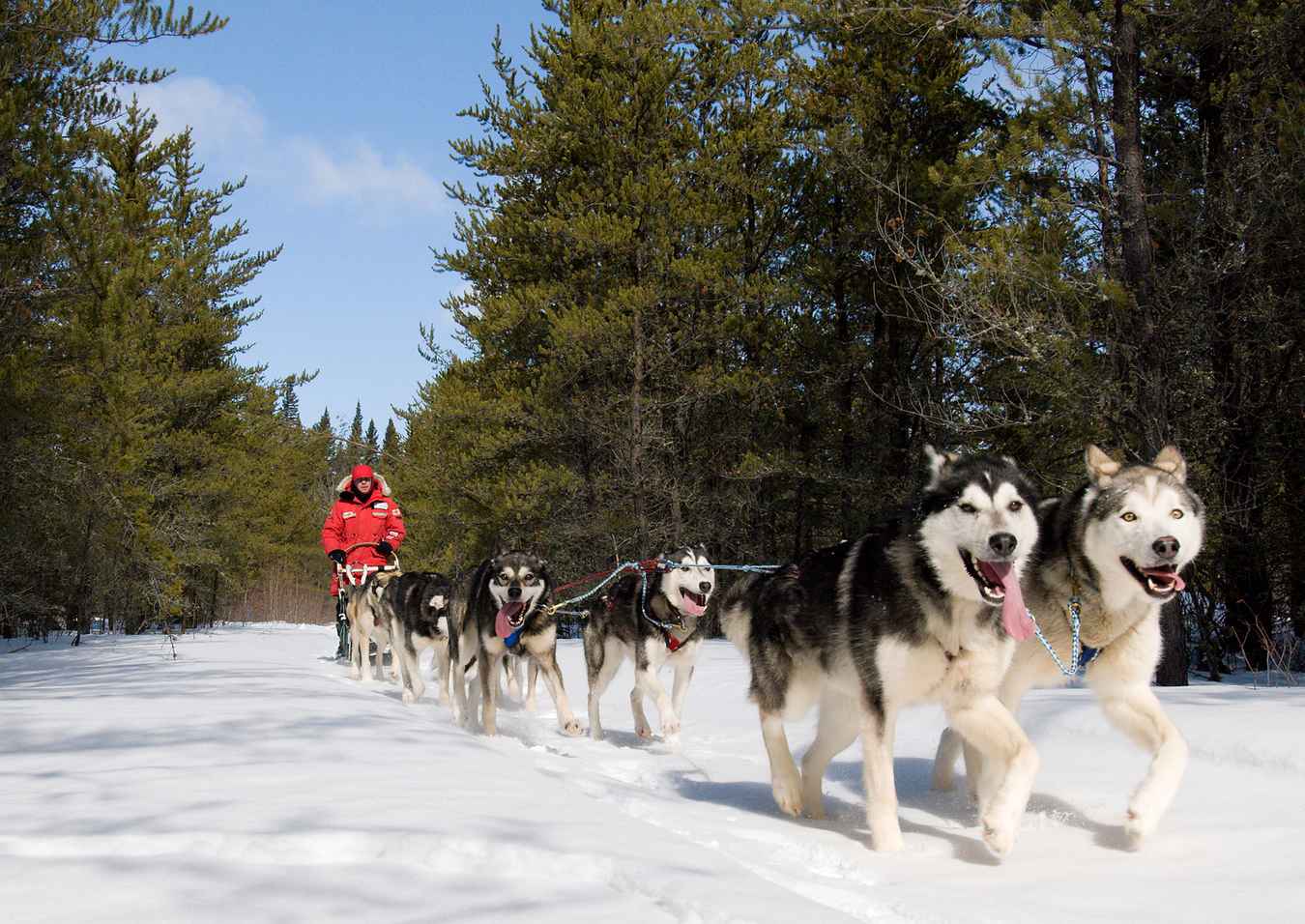In short, content is king. Write for people, not for search engines.
Here are some easy-to-implement tips and free tools you can use to quickly improve the search optimization of your website.
More than 200 Ranking Signals
Website ranking factors are constantly shifting. There is no “silver bullet” approach to guarantee results. Search engines encourage you to write content for users and not the algorithm. But there are certain factors that are more important than others.
SEO: Three Areas to Focus
Focus on improving your website’s authority, relevance, and technical strength.
- Primary emphasis of search engines is on your website’s content and authority:
- Quality of expertise and how often it’s linked to from reputable websites.
- Second factor is the relevance of content and the website’s organization:
- Descriptive content with keywords and unique info on every page.
- Third factor is the website’s performance including speed, coding, and hosting.
- Important to have modern code and ensure website is mobile friendly.
- Remaining bulk of factors revolve around things search engines keep secret.
Free Website Optimization Tools
Used as a companion to Google Analytics, Search Console allows you to see which queries bring users to your site and what pages are properly indexed. Analyse your site’s impressions, clicks, and position on Google Search. Also get alerts regarding performance issues and understand how Google Search scans your web pages.
HubSpot’s free website grader makes understanding website performance easy. Learn about your page performance, security, search engine optimization (SEO), and mobile experience. Discover what makes your site strong and uncover new opportunities for the future. Suggested improvements are also provided.
Discover keywords that can drive traffic to your website. Keyword Explorer allows you to enter a keyword and get top suggestions, monthly volume, organic click-through-rates, and learn how difficult it may be to rank for them.
Technical diagnosis of website performance from a coding and loading speed perspective. Get your PageSpeed score and use PageSpeed suggestions to make your web site faster. Note: Most suggestions will require the help of a developer.
A “must have” for any business with a physical location. Often, Google creates a business listing on your behalf so you need to claim the listing to edit/update it. Business listings show up alongside search results and can be used by customers to get information about your organization without needing to visit your website.
On-Page Optimization
Focus on What Matters Most
Well organized and keyword optimized content earns rankings.
Things such as your domain URL, page titles, content headings, content formatting, internal links, and image filenames represent quick wins for improving your SEO.
Descriptive Domain Name
One of the first signals search engines and people rely on is the domain name of your website.
- Make sure it is descriptive and easy to remember (e.g. lakediefenbakersailing.ca)
- Purchase additional domains related to your business and point them to your site.
- Purchase both .com and .ca versions of your primary domain.
Website Page Titles
A page’s “title tag” is an HTML element that specifies the title of a web page and is used by search engines when displaying search results.
- Each page on your website needs a descriptive “title tag” that can be 50-60 characters long. Incorporate keywords, descriptors, and company name, for example: “Sailing Lessons on Lake Diefenbaker | Full-Day Courses | Dief Sails”
- At the very least, have a unique title tag for your home page. It should include company name, service, and location.
Keyword Rich Navigation
Search engines often choose page links from your website to display within search results (e.g. contact, about, pricing), so make nav links descriptive.
- Rather than using a generic navigation term like “products” or “services”, make it descriptive and specific, such as “Sailing Lessons”, “Sailboat Rentals”.
- When linking to pages in your website, use keyword text rather than “click here”.
Content Headings, Lists, & Snippets
People don’t read webpages, they skim them.
- Use HTML Headings (H1, H2) to organize your content and help search engines understand what the page is about. This makes the content easier to scan.
- Include keywords in your headings since they are prioritized by search engines.
- Make your content easy to read by using lists, bullet points, FAQ, and snippets.
- Strive to have more than 500 words per webpage; little content equals little ranking.
Precise Image Names and Alt Tags
Search engines cannot “see” images, but you can help them understand what a picture depicts. This is especially important if a website is image heavy.
- Give images a descriptive filename, rather than the default name it comes with, for example: “sailboat-lake-diefenbaker.jpg” versus “image-987654.jpg”.
- Add “alt” tags and descriptions to the image within your website content management system to further aid search engines and people with screen readers.
Off-Page Optimization
Presence – Popularity – Press – Promotion
The more places your website is listed and can be found, the better.
- Contribute blogging and content marketing with articles that contain valuable information.
- Use social media to amplify your content so that it can be found and linked from.
- Get content published on reputable niche websites and publications related to your product.
- Nurture relationships with local media outlets to earn stories in the press.
ABOUT THE AUTHOR
 Harley Rivet is President of Deep Dish Digital. He specializes in online advertising and digital strategy. Harley is an experienced trainer regarding digital marketing, having spoken at conferences across North America and also co-founded the Saskatchewan Professional Marketing Association.
Harley Rivet is President of Deep Dish Digital. He specializes in online advertising and digital strategy. Harley is an experienced trainer regarding digital marketing, having spoken at conferences across North America and also co-founded the Saskatchewan Professional Marketing Association.





















